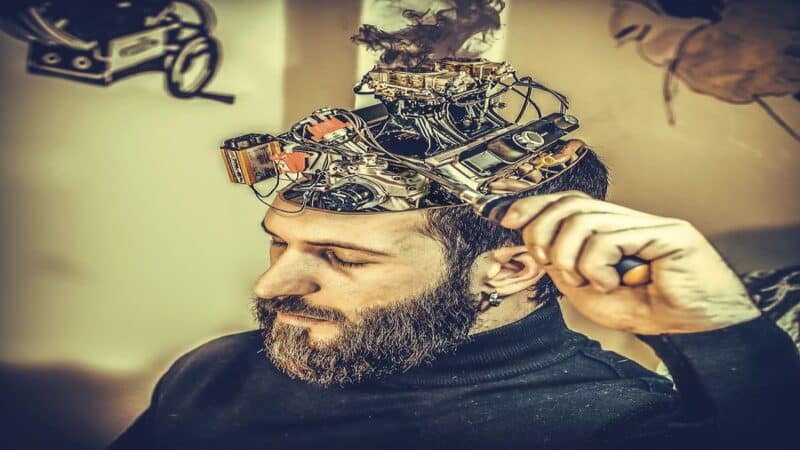Blogs
The influence of psychedelics on neuroplasticity and brain repair
Are you fascinated by how the human brain works? Then you’ve probably heard of psychedelics! Do you wonder how they affect our neuroplasticity and brain repair? In this article, we’d like to tell you more about this interesting topic and reveal how psychedelics can potentially have a positive impact on the way our brain functions and recovers.
Table of Contents
Neuroplasticity for change and recovery
Neuroplasticity is our brain’s ability to change and adapt. It is the mechanism by which we can form new connections between neurons and strengthen or weaken existing ones. These adaptations are necessary for learning, memory and cognitive functions.
How psychedelics affect neuroplasticity
Recent research has shown that psychedelics, such as psilocybin (the active ingredient in magic mushrooms and truffles) and lysergic acid di-ethylamide (LSD), can affect neuroplastic processes in the brain. These substances bind to specific receptors in the brain, particularly the serotonin-2A receptors, leading to increased plasticity[1].
The exact mechanisms behind this increased plasticity are not yet fully understood, but scientists suggest that psychedelics alter the balance of neurotransmitters in the brain, which in turn may lead to increased synaptic plasticity. This means that new connections between neurons can be formed more easily and existing connections can become stronger.
The impact on brain recovery
Psychedelics not only show potential for affecting neuroplasticity, but may also play a role in brain repair after injury or trauma. Studies have shown that psychedelic therapy can be effective in treating post-traumatic stress disorder (PTSD) and depression, conditions often associated with changes in the structure and activity of the brain[2].
Psychedelics seem to have the ability to restore connectivity in the brain and break negative patterns of thinking and behaviour[3]. This can result in positive changes in brain functioning and contribute to the recovery process.
Safety first
While psychedelic substances can offer potential benefits for neuroplasticity and brain repair, it is important to consider safety concerns. The use of psychedelics should always be accompanied by a trip sitter. A fine setting can help minimise potential risks and ensure a positive experience.
It is also very important to consider individual sensitivity and any contraindications. For example, some people may be more sensitive to the effects of psychedelics or have medical conditions that may make their use difficult.
Discoveries in 2024 and beyond
The discovery of the influence of psychedelics on neuroplasticity and brain repair is a groundbreaking advance in neuroscience and psychiatry. These substances, such as psilocybin, LSD and MDMA, offer a new perspective on the treatment of various mental disorders, including depression, PTSD and addiction problems.
Patients treated with psychedelics often report significant breakthroughs in their therapeutic pathways, gaining new insights and being able to process old traumas. Resulting in long-term positive changes in their quality of life!
Sources:
[1] https://www.nature.com/articles/s41386-019-0324-9
[2] https://www.ncbi.nlm.nih.gov/pmc/articles/PMC7311646/
[3] https://www.imperial.ac.uk/news/235514/magic-mushroom-compound-increases-brain-connectivity/
